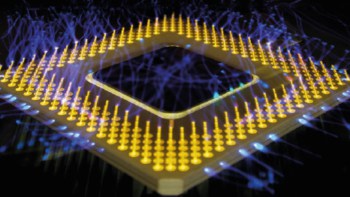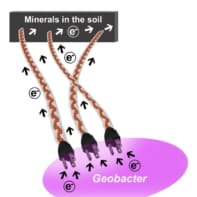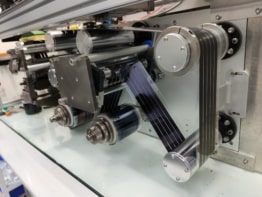
The condensed-matter physicist Michael Pepper has won the Isaac Newton Medal and Prize “for the creation of the field of semiconductor nanoelectronics and discovery of new quantum phenomena”. Presented by the Institute of Physics (IOP), the international award is given annually for “world-leading contributions to physics”.
The Isaac Newton Medal and Prize attracts a prize of £1000 and is the only one of the IOP’s awards that is open to physicists worldwide. It also includes an invitation to give a lecture at the IOP.
Pepper holds the Pender Chair of Nanoelectronics at University College London and has an appointment at the London Centre for Nanotechnology. He is also chief scientific officer of the terahertz imaging company TeraView – which he cofounded in Cambridge in 2001.
Quantum hall effect
Pepper’s achievements include collaborating on research that led to the discovery of the quantum Hall effect in 1980 – work that won his colleague Klaus von Klitzing the 1985 Nobel Prize for Physics. Recent accomplishments include the first observation in 2018 of fractional quantized conductance in the absence of an applied magnetic field.
Pepper did a PhD in physics at the University of Reading in 1967 and then worked on semiconductor research at the Caswell Research Laboratory of the Plessey Company. In 1973 he joined the Cavendish Laboratory at the University of Cambridge where he collaborated with Nobel laureate Nevil Mott.

Paul Corkum bags Isaac Newton Medal from Institute of Physics
While at Cambridge he maintained strong connections with industry — collaborating with General Electric and becoming managing director of the newly-established Toshiba Cambridge Research Centre in 1991. Pepper received a knighthood in the 2006 for his services to physics and joined University College London in 2009.
“I am greatly honoured to receive this prestigious award from the IOP for work which is based on collaboration with many colleagues to whom I am greatly indebted,” says Pepper.
The IOP has also announced the winners of 25 other awards today and you can find a full list here. Among the winners is Philip Ball, a science journalist and regular contributor to Physics World. He takes home the William Thomson, Lord Kelvin Medal and Prize “for being an informed and lucid writer and broadcaster who opens doors into science, and especially physics, for many people who otherwise find them closed”.


